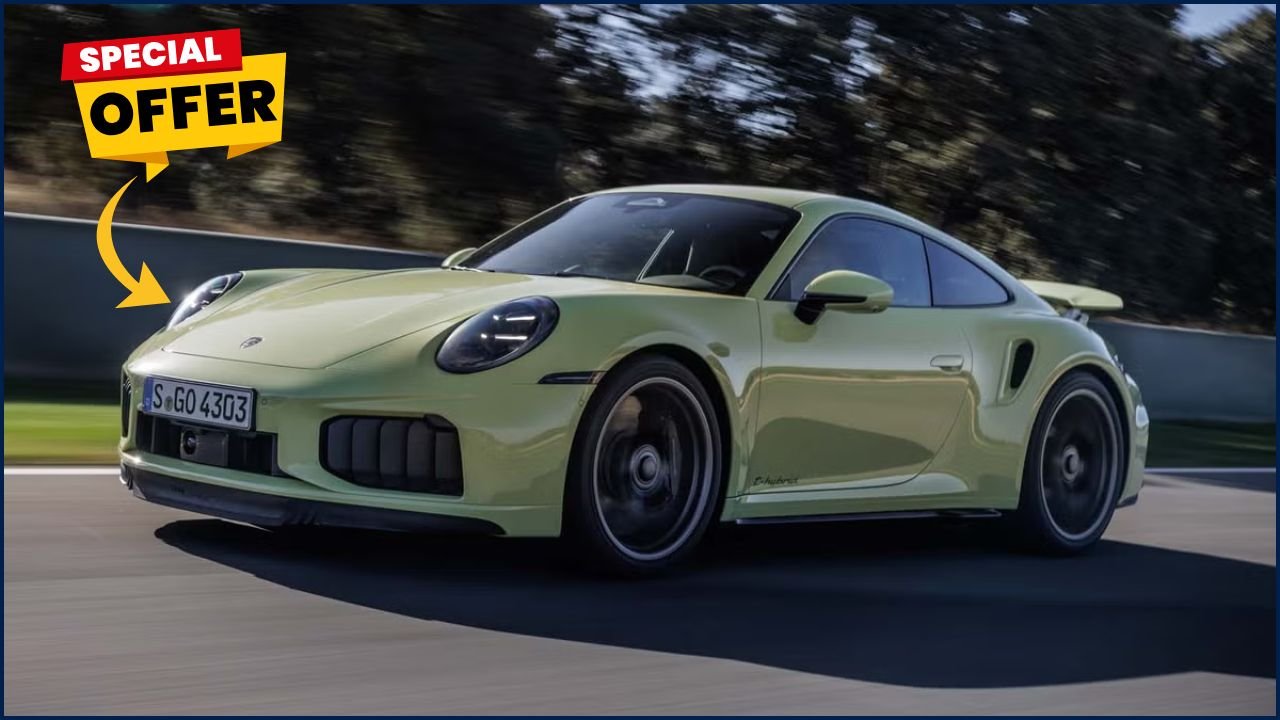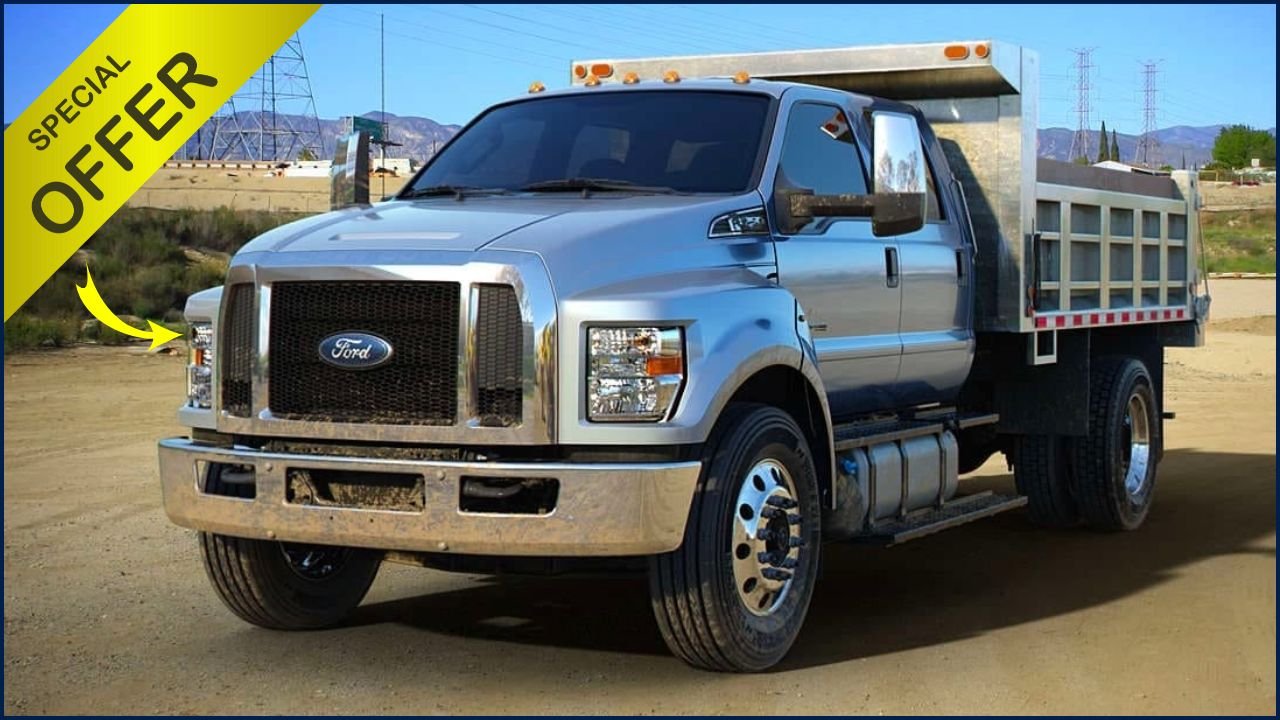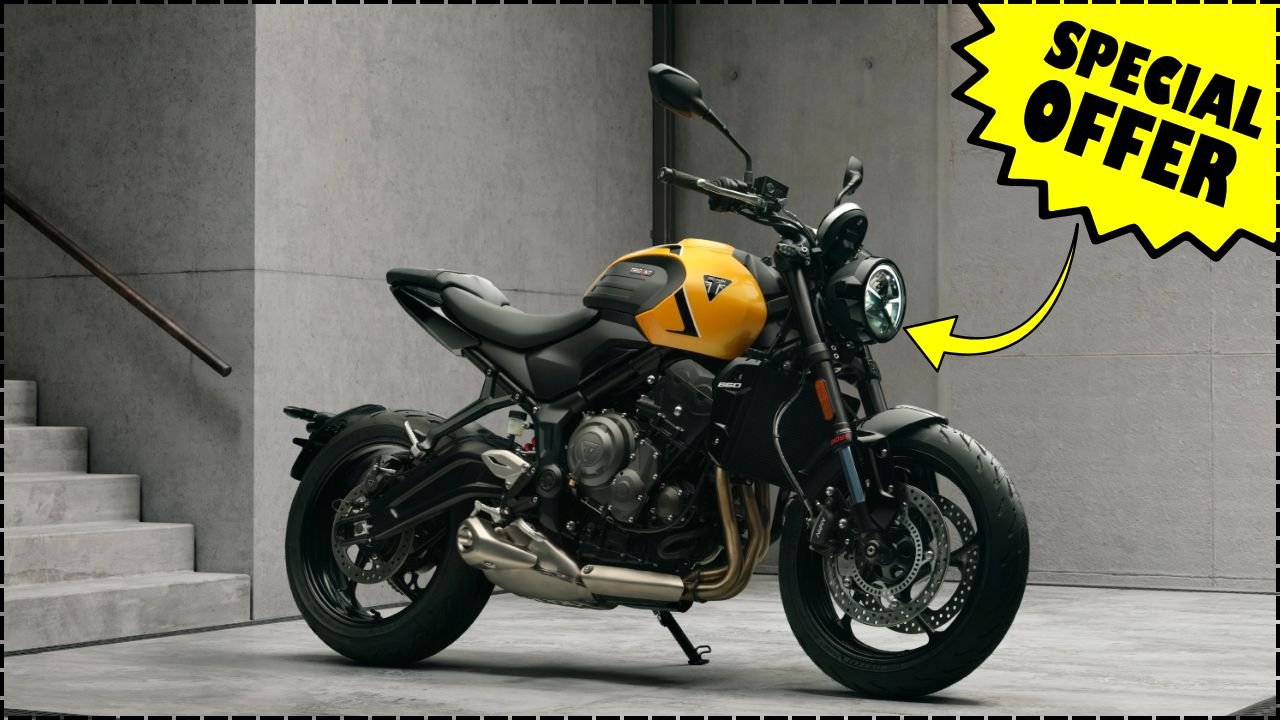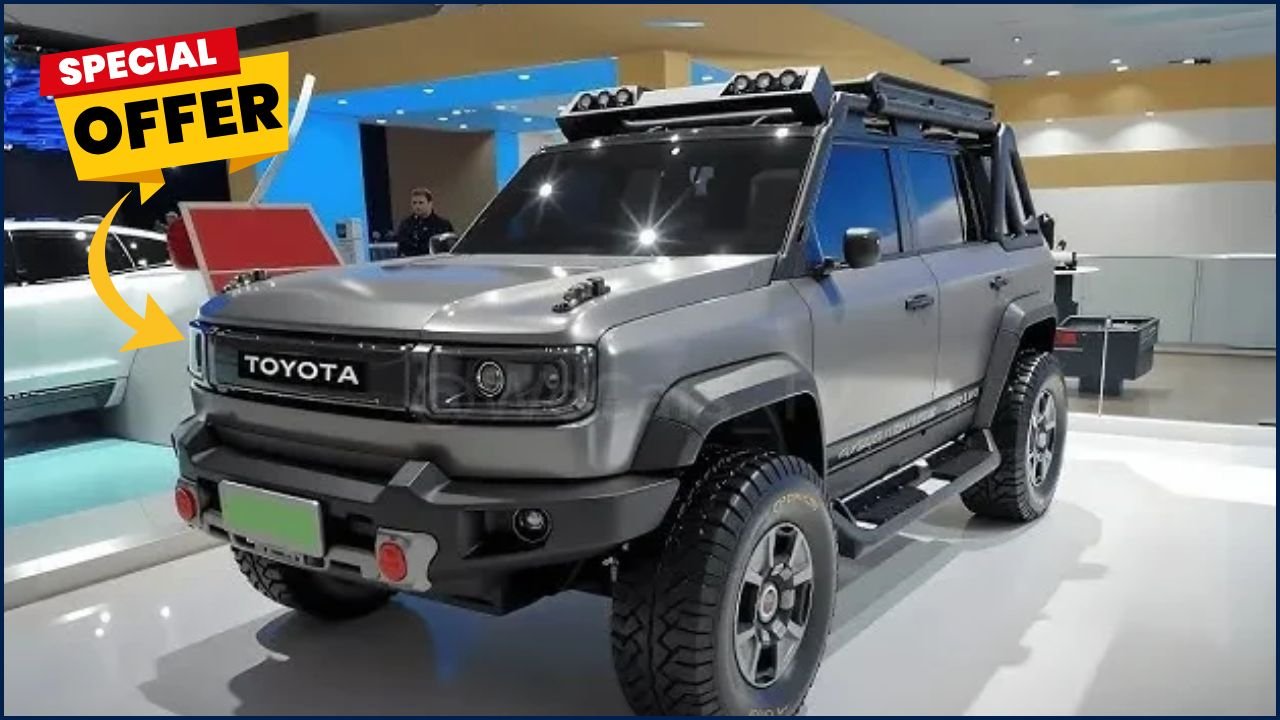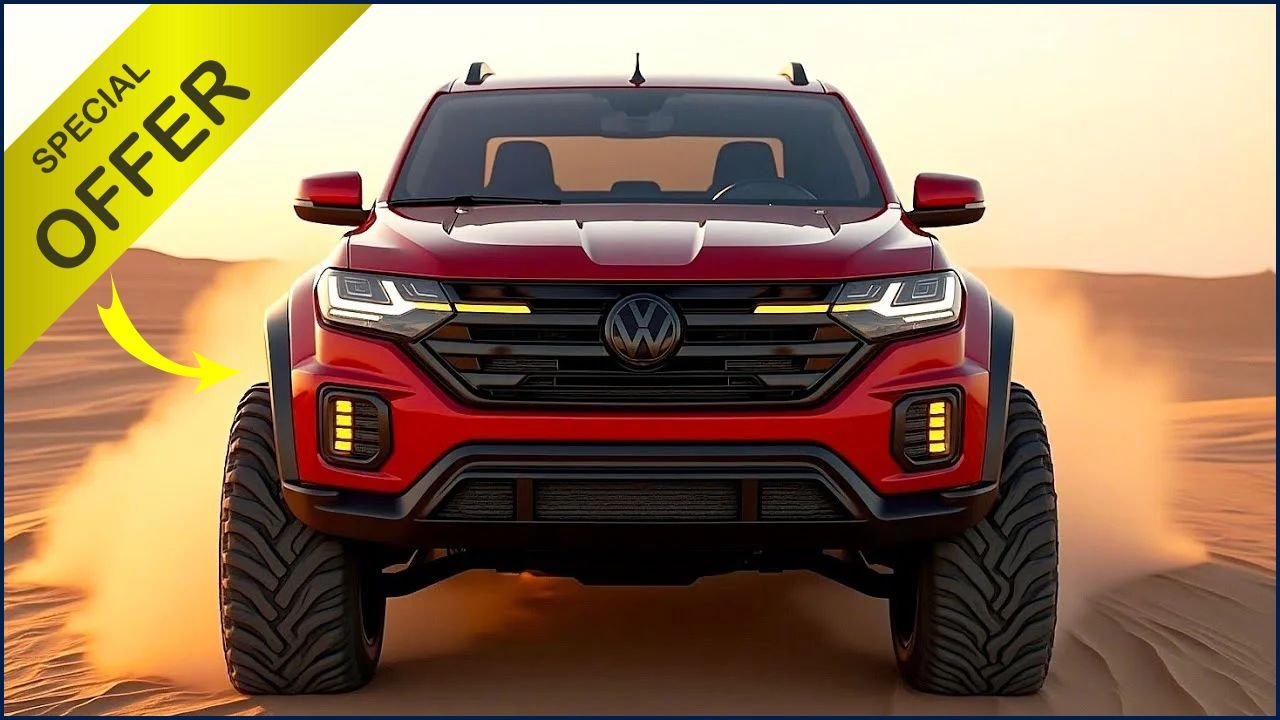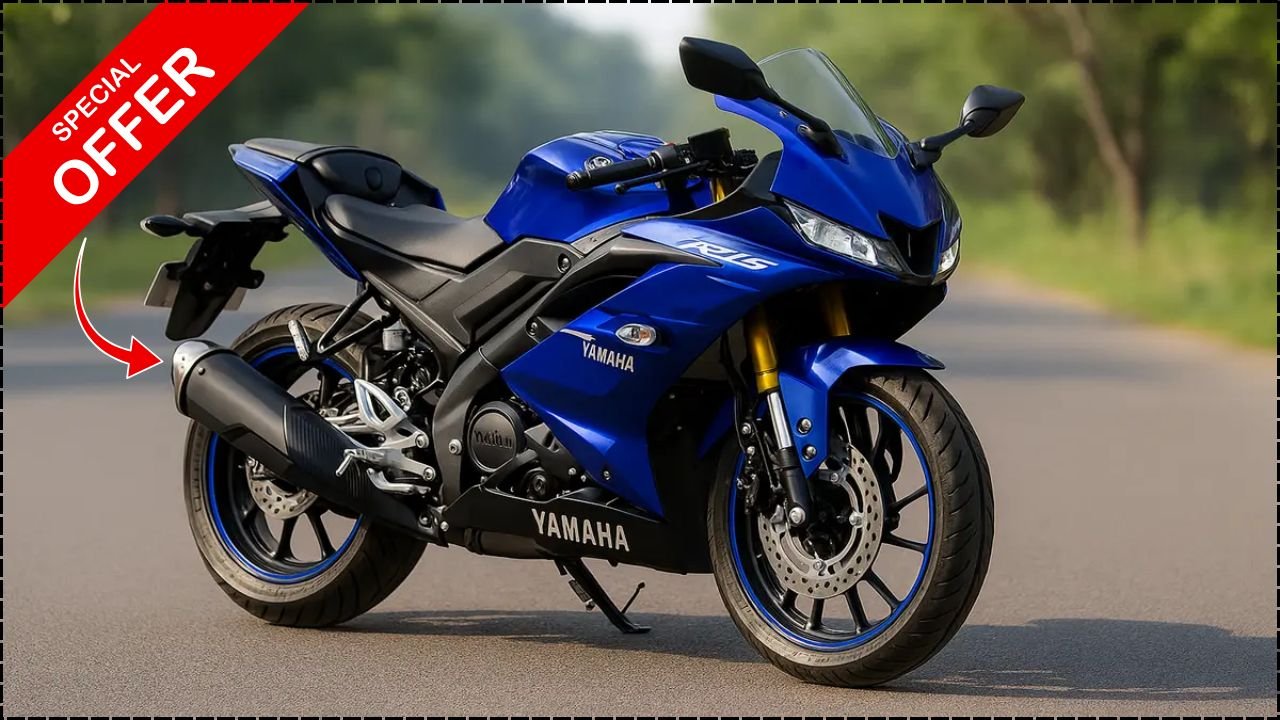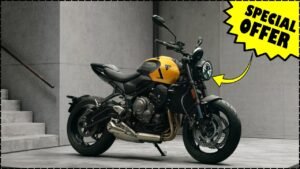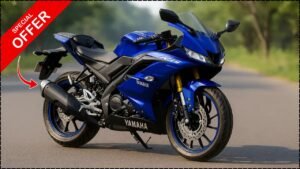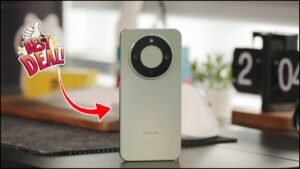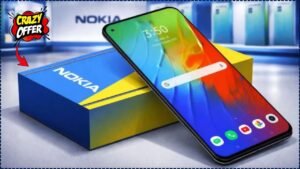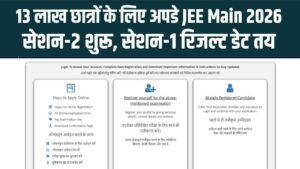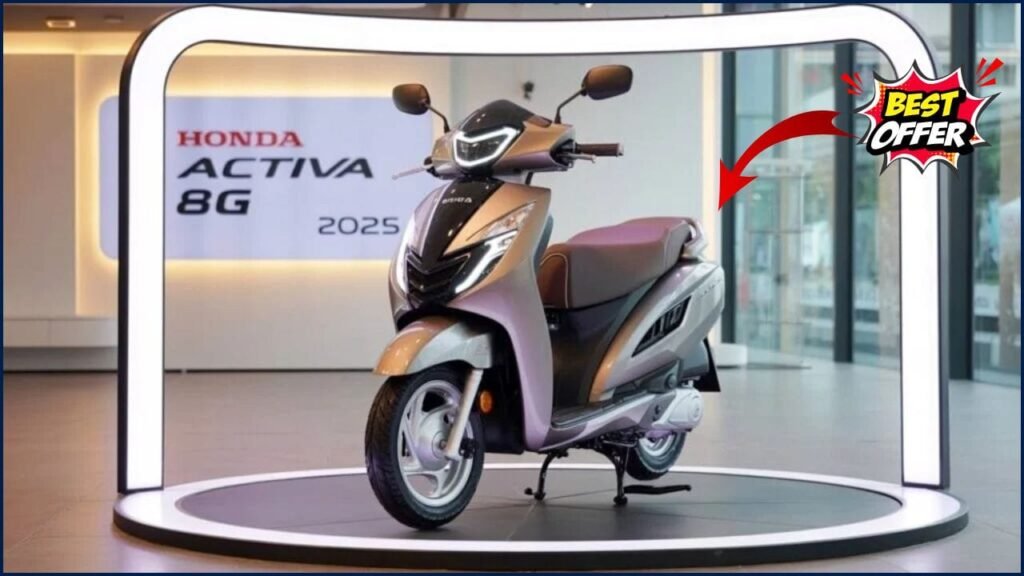
An online advertisement claiming the Honda Activa 8G comes with a 125cc engine, 65 km/l mileage, and a ₹52,000 price tag has gone viral on Indian social media. Verified data from Honda and independent auto trackers show the figures do not match the company’s listings, prompting consumer-rights experts to warn that buyers may be targeted by deceptive online promotions during the festive sale season.
Table of Contents
Honda Activa 8G: What’s Real and What’s Not
The claim under scrutiny advertises a 125cc engine, 65 km/l mileage, and a ₹52,000 price—figures far lower than any official listing.
Honda Motorcycle & Scooter India (HMSI) lists the Activa 110 with a 109.51 cc engine and the Activa 125 with a 123.92 cc engine. Neither is offered below ₹79,000 ex-showroom in most states. The company has not announced an Activa 8G variant with a 125 cc configuration.
“A deal that diverges sharply from Honda’s published pricing should immediately raise a red flag,” said Ritesh Mehra, a New Delhi-based automobile analyst. “Scammers often use well-known models like the Activa to bait consumers into fake booking portals.”
Mileage figures, too, are inflated. Official tests put the Activa 125’s mileage at around 47–50 km/l under standard conditions—substantially below the viral claim of 65 km/l.
India’s Two-Wheeler Market: Fertile Ground for Fake Deals
India’s two-wheeler market is the world’s largest, with more than 16 million scooters and motorcycles sold in FY 2024-25. Fierce competition and high consumer demand make it an attractive space for fraudsters.
During the festive period—especially Diwali—buyers expect discounts. Fake advertisements exploit this psychology. “People are emotionally primed to believe in special offers,” explained Dr Anya Sharma, consumer-behaviour researcher at the Indian Institute of Management (Lucknow). “When a trusted brand name is attached, skepticism drops sharply.”
Scammers usually register temporary websites or run social-media ads promising up to 60 percent discounts. Victims are asked to prepay booking fees through digital wallets or UPI. Once payments are made, the websites vanish within days.
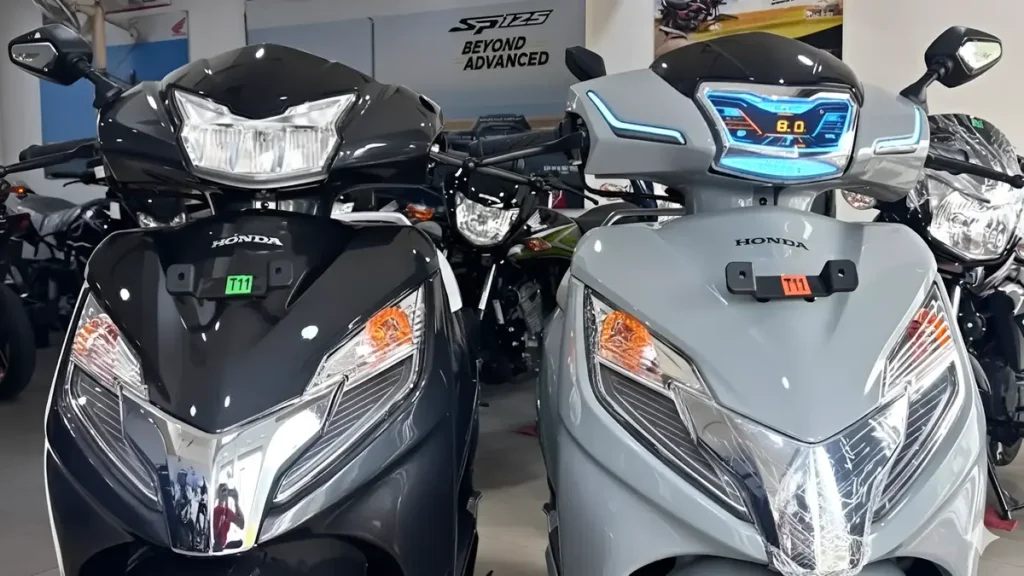
Digital Deception: How Fraudsters Mimic Authentic Sites
Many fraudulent sites use domain names that differ from Honda’s official address by only one or two letters, or they employ free SSL certificates to appear legitimate. Checking the lock icon in a browser is not enough, experts warn.
The Indian Cybercrime Coordination Centre (I4C) notes a 27 percent rise in vehicle-related e-commerce fraud between 2023 and 2025. Scammers now use AI-generated videos to impersonate dealership staff and create convincing WhatsApp chats to close fake deals.
“We see a growing sophistication in these operations,” said Deputy Commissioner of Police ( Cyber Cell ) N. Gupta. “They use stolen branding material, doctored registration numbers and automated chatbots to appear official.”
Real vs Fake: Recognising Genuine Promotions
Honda India occasionally offers limited-period discounts through authorised dealers—typically ₹2,000-₹5,000 or exchange bonuses. Even after GST-linked rate reductions earlier this year, ex-showroom prices for the Activa 110 and 125 remain above ₹80,000.
Any claim of a new Activa model at ₹52,000 is therefore implausible. Official promotions always appear on honda2wheelersindia.com and verified social-media handles.
Other manufacturers follow similar practices. TVS, Hero MotoCorp, and Suzuki release official festival offers via press releases and newspaper ads—not WhatsApp forwards or unverified Telegram channels.
Regional Scam Examples
In Kerala, police uncovered a multi-state racket in 2025 that duped more than 40,000 people through fake scooter-booking websites using names like “ActivaMegaSale.in.” Losses were estimated at over ₹120 crore. In Maharashtra, cyber units froze 85 accounts linked to fraudulent two-wheeler ads in just six months.
Authorities stress that such crimes are difficult to trace once funds move through small digital wallets or cryptocurrency exchanges.
Sociocultural Dimensions: Trust and Digital Literacy
Rural and first-time online buyers are often more vulnerable. In smaller towns, buyers still rely on informal recommendations from acquaintances or Facebook groups. Lower awareness of official dealership networks increases risk exposure.
To address this, the Ministry of Electronics and Information Technology (MeitY) has partnered with NGOs to run digital-literacy workshops across districts, teaching users to verify URLs, recognise phishing attempts, and authenticate UPI recipients before transferring funds.
Industry Response
Honda Motorcycle & Scooter India has repeatedly warned consumers about counterfeit offers. The company’s spokesperson said in a statement that Honda “does not authorise or endorse any website or agent offering scooters at unverified prices” and encouraged customers to “purchase only through official dealerships or the Honda BigWing network.”
The company also collaborates with cybercrime authorities to remove fraudulent domains impersonating its brand. In 2024-25 alone, more than 150 fake websites were taken down.
TVS iQube Electric Scooter Offering 410KM Range and Smart Features- Now on Bumper Sale
Economic Context: Why Buyers Chase Deep Discounts
With fuel prices rising and disposable income under pressure, many Indian households delay vehicle purchases. Online “dhamaka” offers—authentic or not—play into that affordability gap. Analysts note that younger buyers are especially drawn to digital-first deals that promise instant gratification.
“After the pandemic, people became comfortable buying big-ticket items online,” said Ravi Deshpande, senior economist at Motilal Oswal Securities. “That shift has improved convenience but also opened the door to a parallel grey market exploiting the same behaviour.”
Practical Advice for Consumers
- Verify the seller. Check the dealership on Honda’s official site or call customer service.
- Avoid prepayments. No genuine dealer asks for full or partial payment before documentation.
- Insist on written quotes. Ensure the invoice carries a GST number and company letterhead.
- Cross-check pricing. Compare with multiple authorised dealers or major auto portals.
- Preserve evidence. Keep screenshots and transaction IDs for potential complaints.
The Bottom Line
The viral Honda Activa 8G ₹52,000 advertisement conflicts with verified engine, mileage, and pricing data from official Honda sources. Experts urge buyers to rely on authorised dealerships and official websites, stay sceptical of unsolicited offers, and report any suspicious activity to consumer-protection or cybercrime portals.
“In today’s digital marketplace, if a deal seems unbelievably good, it almost certainly isn’t,” said Dr Sharma. “Caution is the best defence.”


